In our ever-changing world, consumers expect a lot more from their customer...
Read more
In our ever-changing world, consumers expect a lot more from their customer service journey. Covid has had a resounding impact on the industry, with over half (58%) of consumers saying it has raised their expectations for service standards. But why should you care about your customer service approach?
According to HubSpot research, 93% of customers were likely to make repeat purchases at companies with excellent customer service. This has a knock-on effect for your bottom line, so it’s certainly worth investing in the resources to match customer expectations.
At CallCare, we want to demystify the entire process. Consider us your magical mentor as we guide you through the secrets of effective customer service. We’ve selected five of the most critical elements you need to know, and invite you to explore each realm to understand the vital importance of customer service.
As technology has evolved, customers have begun to expect instant support from their service agents. Most customers believe that the most important thing a brand can do is understand that their time is valuable too. This means you need to offer opportunities for instant support to connect with your customers.
The accessibility of social media messaging, chatbots, SMS and WhatsApp have all made it easier to contact brands immediately, contributing to the need for a high speed exchange. The desire for omni-channel customer support has also increased over recent years, especially for digital media. 62% of customers want to be able to contact brands across multiple online channels for an easier and quicker customer service experience.
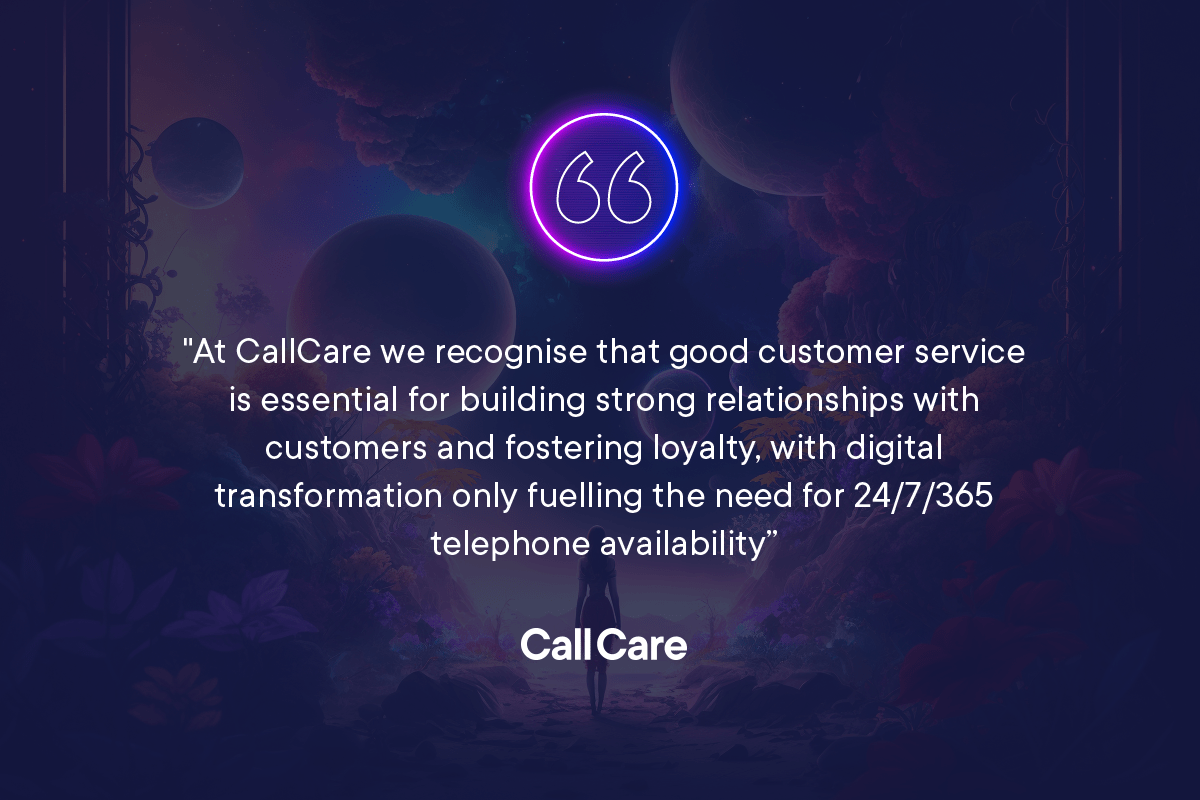
Instant support systems are more flexible. Customers can upload videos or images for the representative to see in real time, allowing them to explain more complicated issues. These systems are a great way to support more traditional telephone based customer service to ensure you can provide a consistent service across your contact platforms.
Effective communication is a valuable skill for any customer service agent. It’s also much more nuanced than you may think. Tone, styling and language choice have a significant impact on how your customers perceive a conversation.
Often you only have one chance to make a good impression. If customers have a negative one, your profits will notice. 42% of customers feel put off by rude or unhelpful customer service agents, and most customers only need one bad experience with a support agent to choose your competitor.
Excellent communication can make or break your consumer relationship. According to a Zendesk 2020 study, 78% of customers will forgive mistakes if that company offers excellent customer service.
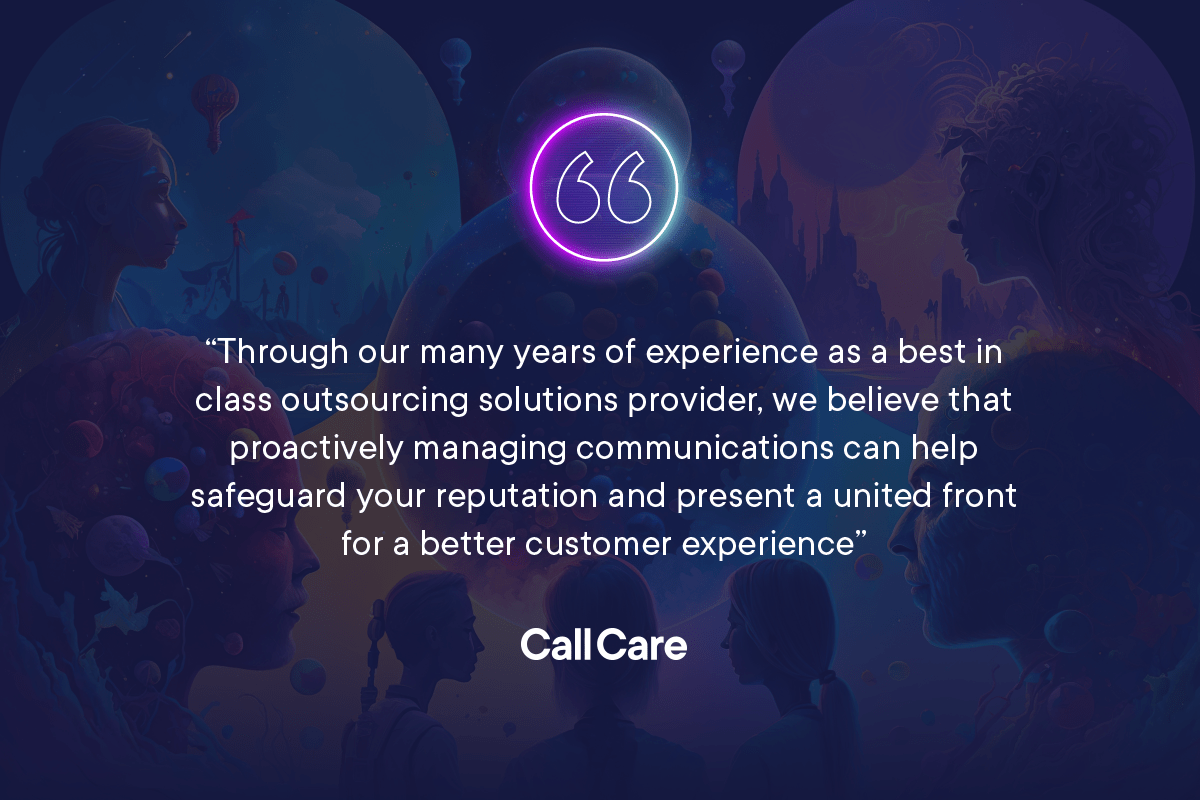
Communication shouldn’t just be external. Over two-thirds of customers (68%) get annoyed by being transferred between departments, making this one of the leading causes of customer dissatisfaction with the service industry. Customers feel they’re continually explaining their issue without receiving a resolution, which has resulted in 77% of consumers wanting internal teams to collaborate so they don’t have to repeat themselves.
Responsiveness and instant support complement each other because speed is critical. Customers expect fast responses from whichever channel they use to communicate, and it’s much easier to respond quickly on digital services like chatbot and direct messaging. They’re also more time efficient, because your agents can be monitoring multiple chats simultaneously.
According to Zendesk, 66% of customers still use phone calls to resolve issues with a company. Using live chat can help to increase your responsiveness. You can also take advantage of the experience of your customer service team to create a bank of common issues and their solutions. This will reduce wait times, and help you to provide a more consistent customer service experience.
Providing responses to queries and complaints is essential. Research suggests that just under half (49%) of social media complaints go unanswered by companies. Customers that feel ignored will take their business elsewhere, meaning you lose money and could gain a reputation for apathetic service. Automated emails or responses are the ideal way to ensure people know you’re working on their issue. However, you should use a more personalised template to avoid alienating your customers – and remember to respond personally as soon as possible.
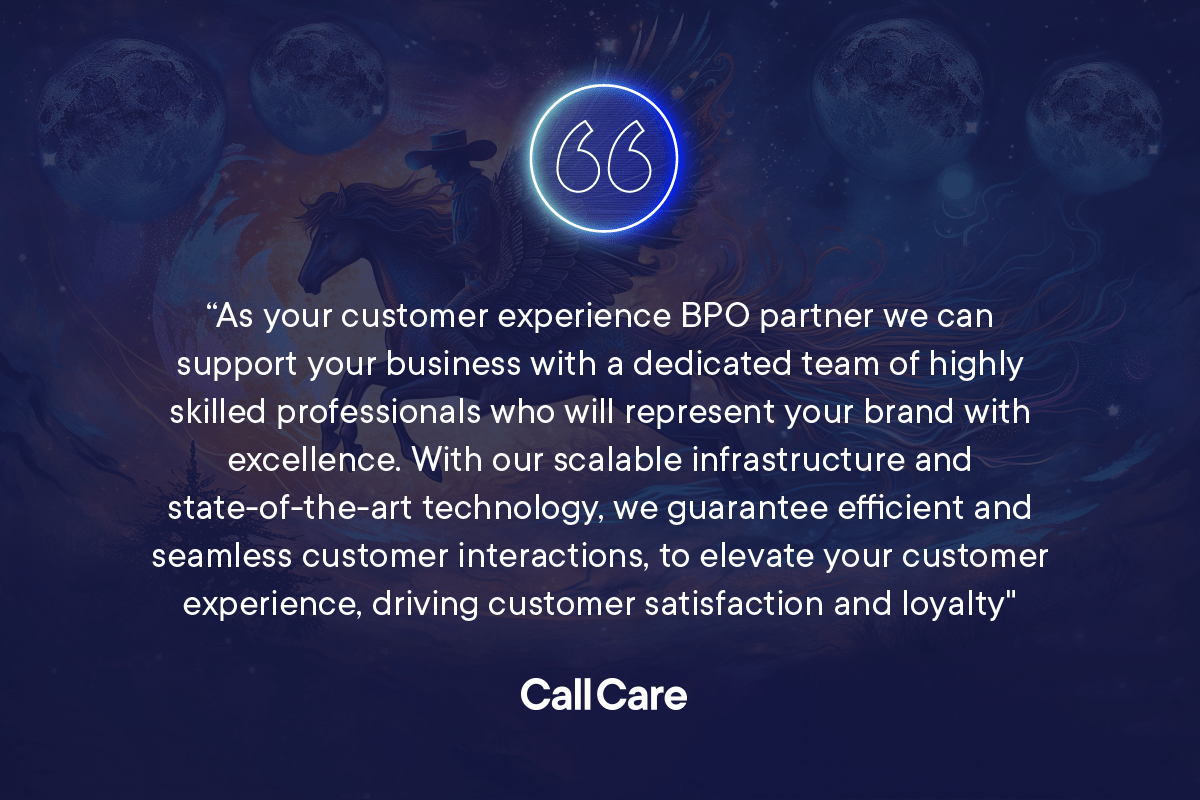
Customer service starts before consumers have made their first purchase, and continues throughout the buying journey – but where it excels is in problem-solving. The main reason customers contact a brand is if they need assistance or answers. Your customer service representatives need to be knowledgeable and effective troubleshooters to help provide resolutions for customer issues.
Khoros found that 83% of customers feel more loyalty towards brands that respond to and resolve their complaints. One-third of customers would also rather have their problem solved in one interaction, regardless of the time spent working with an agent. Therefore, investing time and money into well-trained customer service representation can have a significant impact on your business reputation and sales.
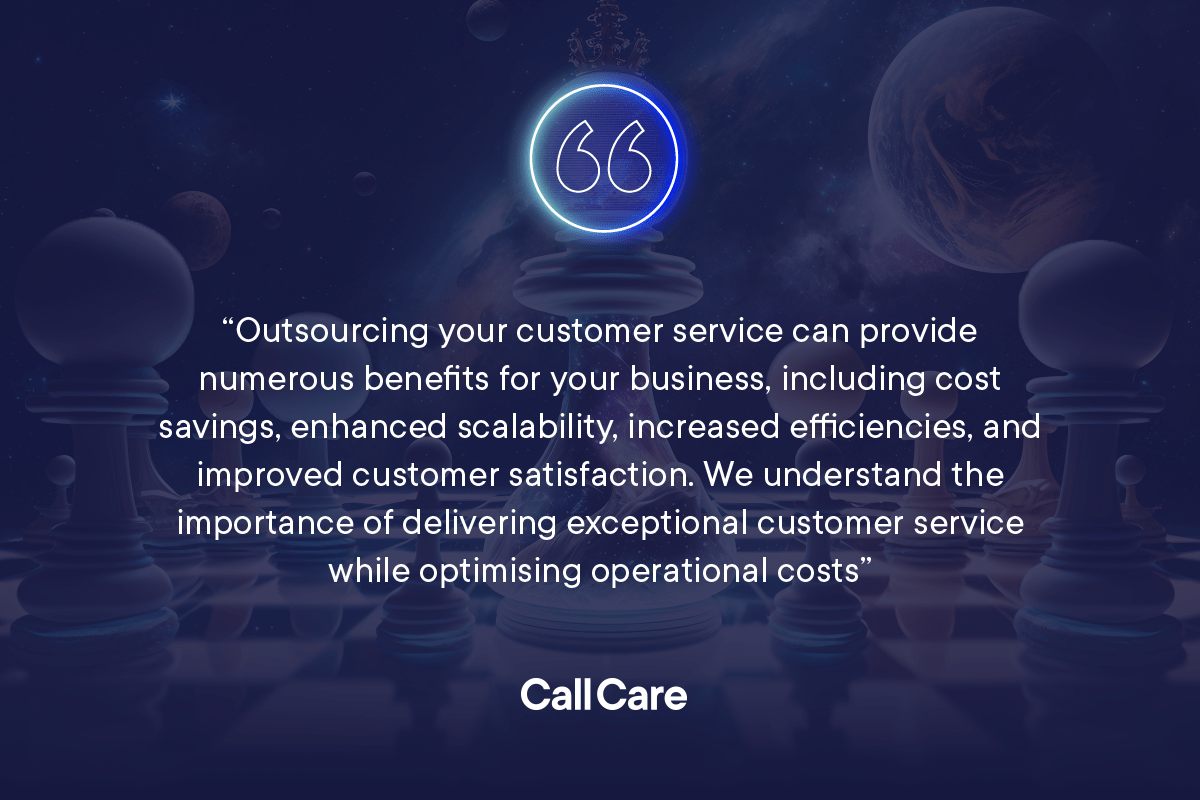
Having effective offline solutions can also help to improve your customer service rating. Research by Zendesk found that 69% of customers first try to solve a problem independently, but less than one-third of companies offer self-service options. By providing self-help forums, you can clear your phone lines for more specific or complicated queries that need to be handled by an agent.
The value and demand for empathy rose in line with the pandemic. The stress of modern life means that your customer service agents need to show more emotion to connect with your customers. Your client base needs to feel that their thoughts and opinions are taken seriously, and that you actively want to resolve their issues.
Over two-thirds (68%) of customers are more likely to purchase from brands that understand them and engage with them on an individual basis. Empathy helps you develop stronger relationships with your customers. This in turn will allow you to build more brand loyalty and increase your professional reputation.
Customers vote with their wallet. Social empathy has become incredibly important as consumers value ethical and inclusive brands. Zendesk’s study revealed that 54% of customers want to buy from companies that prioritise diversity, equality and inclusion in their communities and workplaces. They also want transparency of data. The majority (90%) of customers trust brands with strong privacy policies.
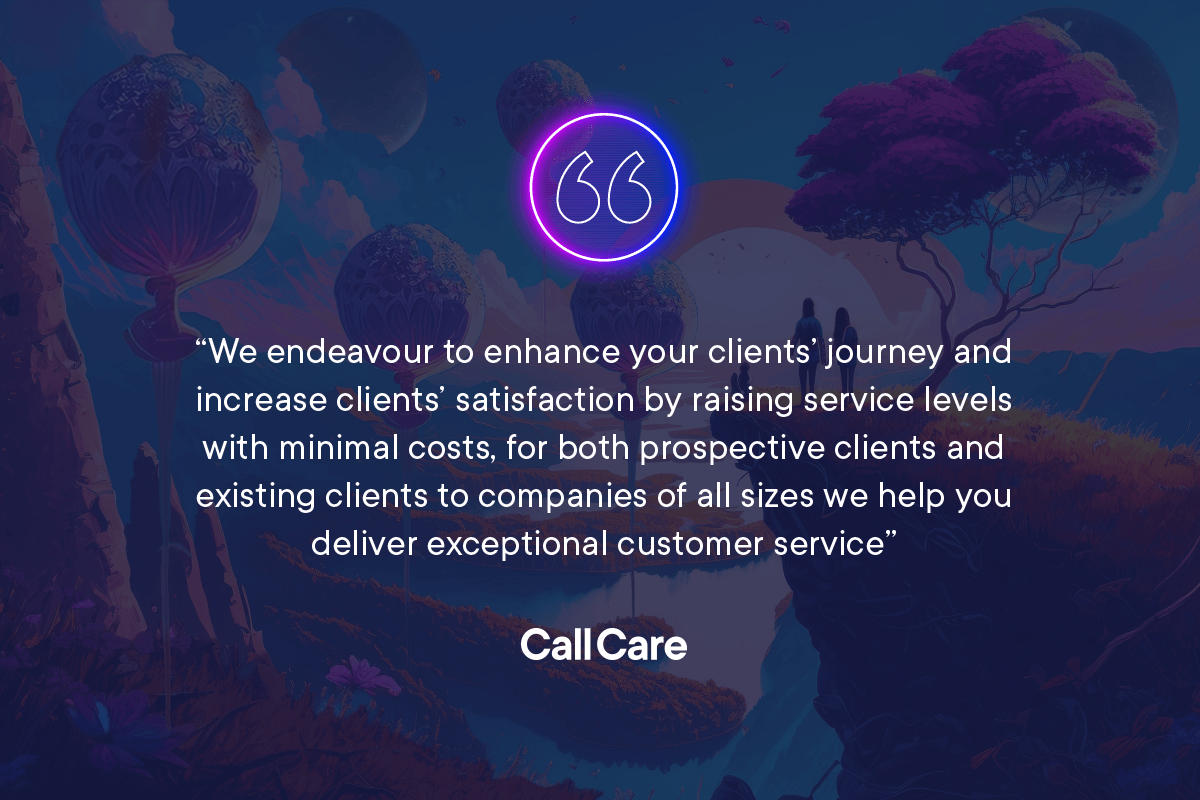
When you get it right, seamless customer service can seem like magic. If you had to choose, which of the five elements we’ve discussed would you rank as the most important and why? Share your thoughts with us using the hashtag #ServiceSourcery today.